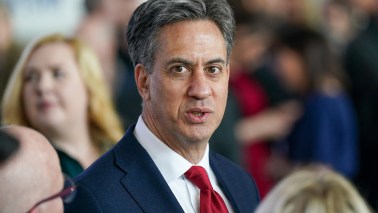As late as the end of the 18th century, only a handful of Europeans had ever seen the legendary Mughal capital of Delhi, which, within living memory, had been the largest, richest and most spectacularly beautiful city on earth, twice the size of London and Paris combined. But after a century of anarchy, Delhi was not what it once was. By 1805, it lay half-ruined and sparsely populated, ruled by a blind Emperor from a crumbling palace.
Delhi’s ruins bewitched the young artist James Baillie Fraser when he arrived in the 1810s from Calcutta. Fraser was already planning two series of aquatints, one on Calcutta, the other of the Himalayas. What he saw in Delhi inspired him to dream of producing a third volume, this time of views of the old Mughal capital: ‘I have been of late literally stunned by views of mosques and tombs and ruins, wrecks of Delhi’s former greatness,’ he wrote. ‘In comparison all our Gothic castles and Roman fortifications sink into nothing…’
Fraser had trained as an artist under George Chinnery in Calcutta and had come across the new fashion of commissioning talented Mughal artists to paint detailed records for their new East India Company patrons. During his stay in Delhi Fraser commissioned a number of leading artists from the Mughal court to paint Delhi’s figures and monuments, as aide-memoires for his projected aquatint series. The completed volume of paintings, now known as the Fraser Album, are today regarded as some of the greatest of all Indian artworks, with single pages changing hands for around a quarter of a million pounds. But there were many other patrons, and many other albums, in which you could find pictures of birds, plants, bats, monkeys, mice, fish and pitch-black sloth bears.
In a major new exhibition at the Wallace Collection I showcase 100 masterpieces from this diverse set of artworks that came to be called the ‘Company School paintings’, most of which have never been seen before.







Comments
Join the debate for just £1 a month
Be part of the conversation with other Spectator readers by getting your first three months for £3.
UNLOCK ACCESS Just £1 a monthAlready a subscriber? Log in